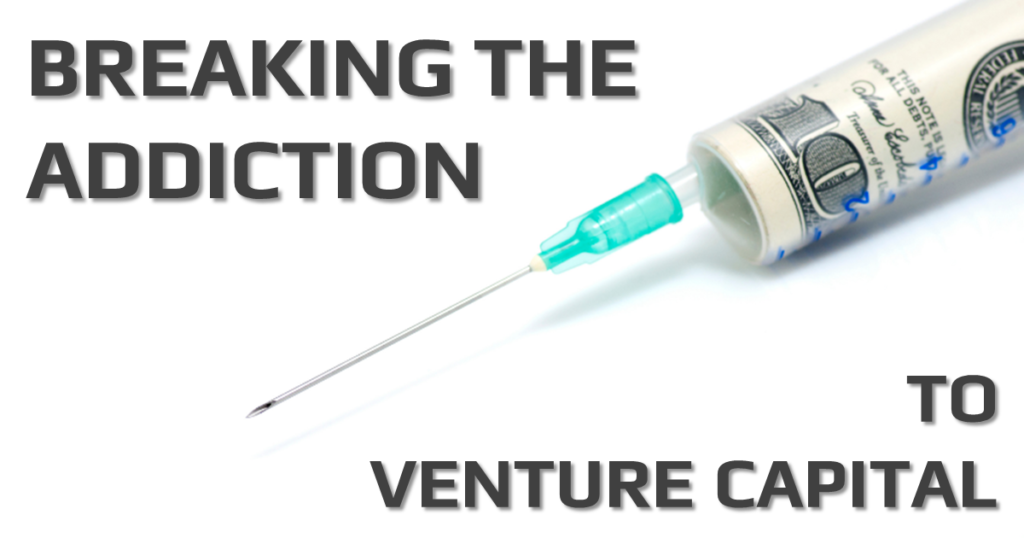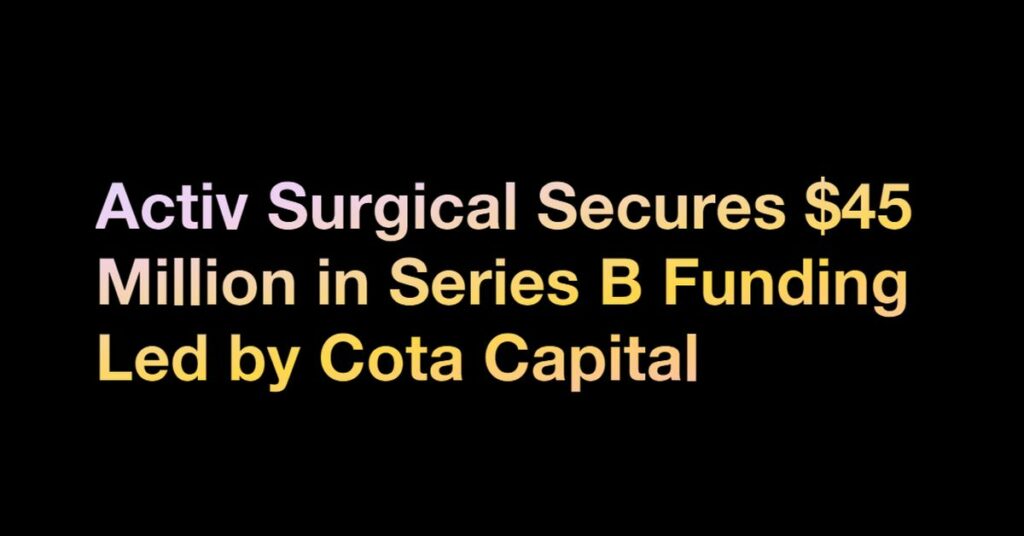The Effects of the JOBS Act on Biotech Startups
The 2015 JOBS Act, including Regulation A+, is driving the biotech industry forward. Biotech companies are getting to their IPOs faster, at higher valuations, and using the money to fund further R&D, and hiring to support it.




College Professor Becomes Overnight Billionaire
What’s especially interesting about this story isn’t the sensational headline so much as his business model.